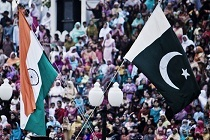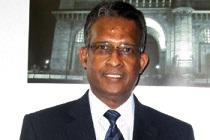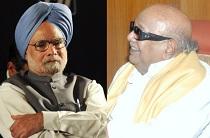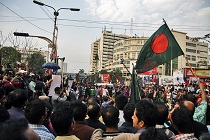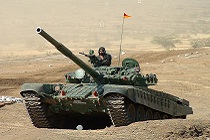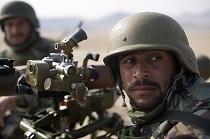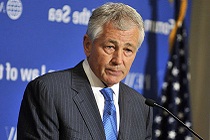India-Pakistan: Business first
The road to reconciliation between India and Pakistan is likely to be a long and treacherous one. But perhaps economic compulsions can overtake political ones. That is the hope in Karachi, whose business community has started to make its journey across the border to India.

